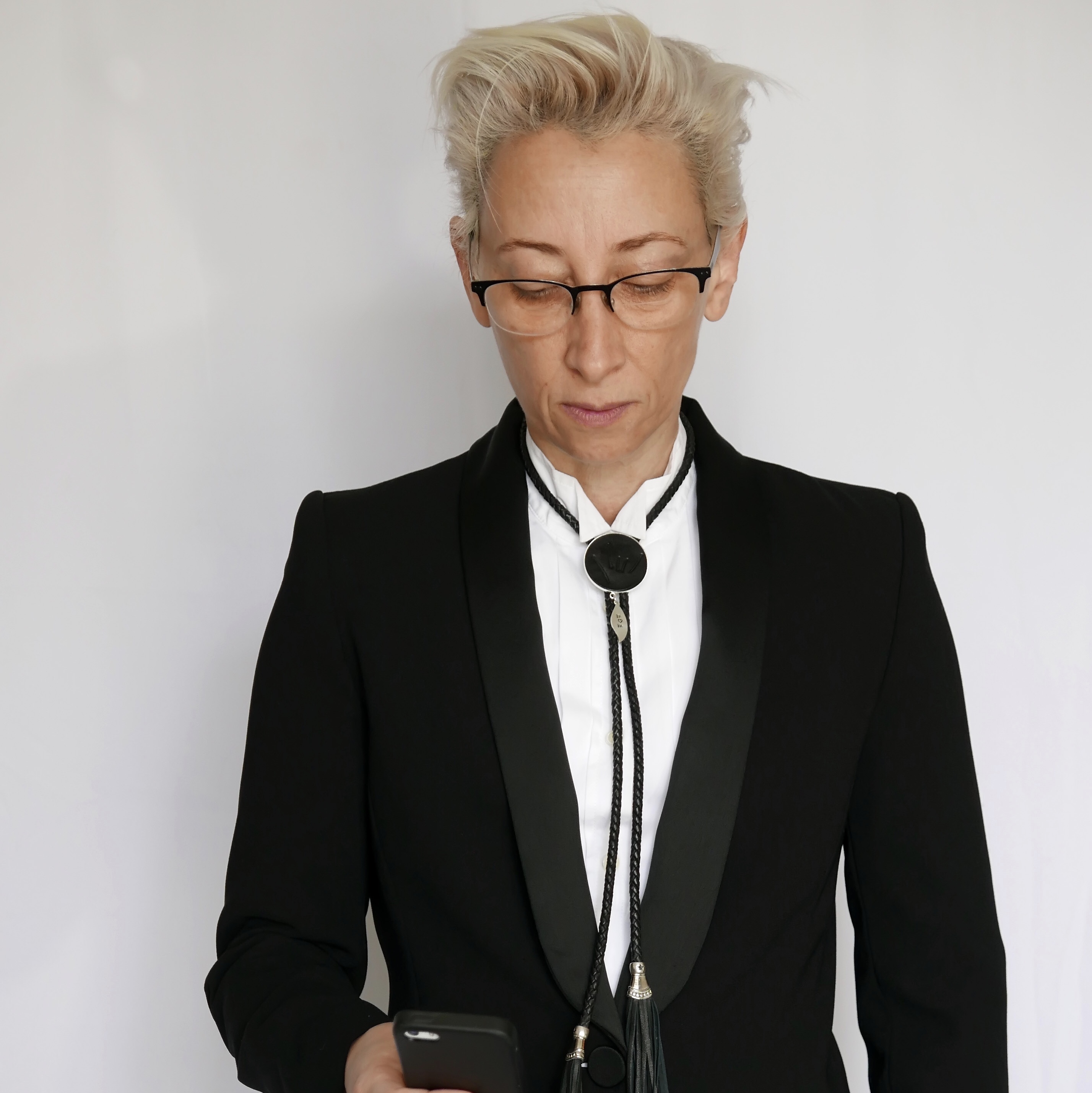Listen Up!
- Natti Natti

- Sep 22, 2011
- 2 min read
“Would you like to learn some magic?” Of course, the participants are on the edge of their seats! So, what are the magic words?“
"I hear you, and I understand.” The desire to be heard and understood is so powerful. When we achieve that goal, when we have someone’s full attention and we know that they are REALLY listening, we experience a visceral, physical relaxation response. It feels SO good! We know that we are not alone, that someone else cares and stands with us in our pain. Just being heard diminishes our hurt. We know that we are not alone. As our year draws to our close, we read the parsha of “Haazinu”. The word Haazinu comes from the root ozen, ear. We might translate it as “listen up”, or, “give ear.” Our tradition consistently reinforces the fundamental value of listening- from the classic words of the Shema- Hear O Israel, to the guidance of ibn Gabirol that in seeking wisdom there are 5 steps- the first is silence, the second is listening.
When we give others the gift of listening, we affirm the divine image within them and their ultimate worth as individuals. Rabbi Elie Spitz quotes Martin Buber as recognizing that “we find the divine not in the moment of the ecstatic experience alone but in the simple, daily task of being fully present with others and thereby with God.” In other words, listening to each other can be a religious experience!
What does poor listening look like? In our PREP (Prevention and Relationship Enhancement Program) we focus on four communication danger signs- withdrawl, invalidation, negative interpretation, and escalation. When we find ourselves moving in these directions, it is best to take a timeout and regroup before we say things that may cause irrevocable damage in our precious connections.
As we turn our attention to our hopes and dreams for 5772, as we seek to repair our damaged relationships and build foundations of kindness and love with our families, friends, and colleagues, there is nothing more vital than a renewed commitment to enhancing our communication skills. So many of the sins we mention in the Al Cheyt prayer draw attention to the myriad of ways we hurt each other with words. We have the power to bring healing through deep listening.
Here’s how Rabbi Spitz expresses it in his book Healing From Despair-
“To listen to another person is to bring comfort through connection. . . In listening to a soul in pain, sometimes all we can offer is mindful listening. And in that act of listening, we validate that the soul is worthy of time and attention, that the burdens that cause pain are real and heavy, and that good continues to exist in a broken world. Our very presence as caring listeners attests to the kindness that exists in an imperfect but beautiful world.”




Comments